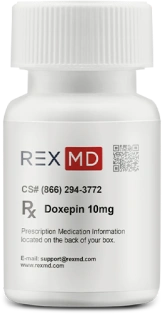Insomnia
Ramelteon
Insomnia
Ramelteon
Also known as generic Rozerem, ramelteon is a non-addictive sedative. It works by affecting certain substances in your body that help regulate your sleep-wake cycle. Healthcare providers commonly recommend ramelteon to patients who have trouble falling asleep.
Free Rush Shipping
Ramelteon can be used on an as-needed basis, making it a convenient choice for nights when you just can’t fall asleep.
We can all agree that sleep is important. Health experts say that healthy sleep can help relieve stress, enhance recovery, and improve your overall quality of life. So if you’re struggling to doze off at night, see if ramelteon is right for you.
Free Rush Shipping
Meet Ramelteon
Insomnia holding you back?
Non-addictive and non-narcotic
Enjoy uninterrupted sleep for up to 7 hours
Wake up refreshed and energized
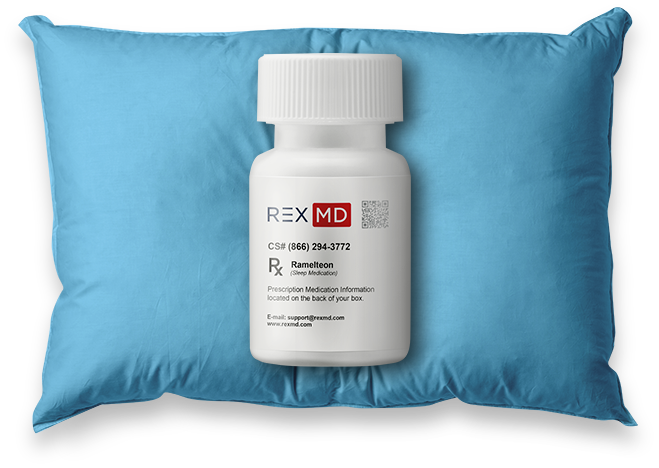
How to take it
Ramelteon is an 8 mg capsule designed to help you fall asleep. It is usually taken around 30 minutes before you want to go to sleep and will have you catching Zs in no time. Ramelteon is not recommended for naps – be sure only to take it if you have enough time to sleep for seven to eight hours. Avoid alcohol if you plan on taking ramelteon, as it can increase the effects of alcohol.
Common ramelteon side effects
It’s important to consult your healthcare provider before starting ramelteon, as it can potentially interact with other medications and cause side effects. Some possible side effects may include dizziness or unusual drowsiness, so be sure to take the medication as instructed and seek medical attention if your symptoms don’t subside.
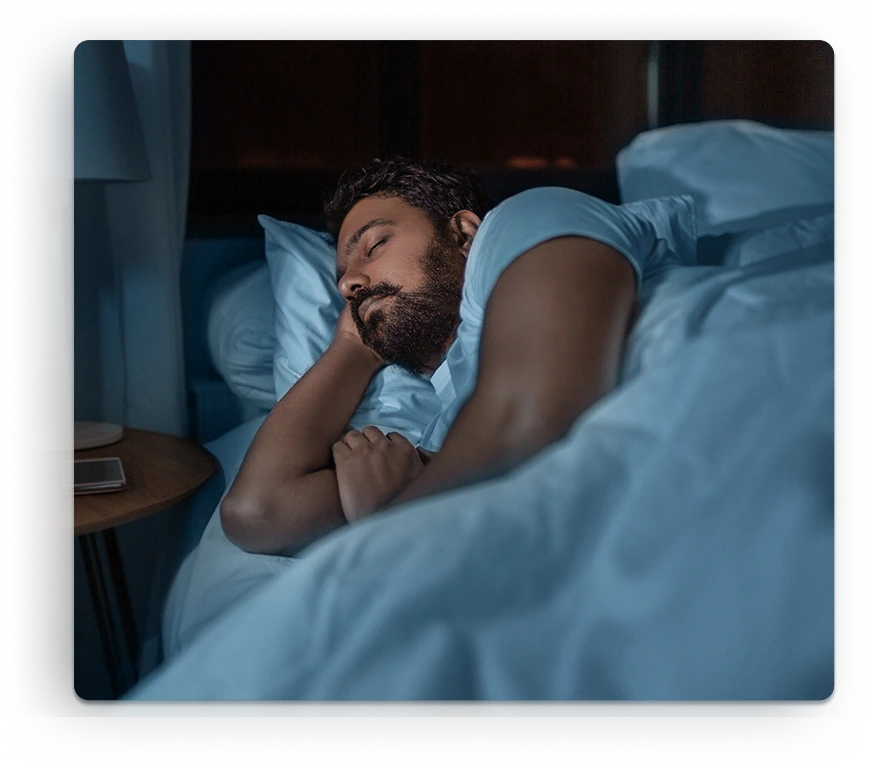
Why
Ramelteon?
Sleep deprivation can put a real damper on your day. Feelings of exhaustion, confusion, and crabbiness may overwhelm you if you didn’t get enough shut-eye. Rex MD wants to help you fall asleep quickly, and stay asleep throughout the entire night so you can feel refreshed and energized in the morning.
That’s why Rex MD provides access to ramelteon – a non-addictive sleep medication. Unlike other sleeping medications, ramelteon is fast-acting and strong to ensure you doze off within 30 minutes of taking it.
3 Easy Steps to Getting Great Sleep
Step 1
When it’s close to bedtime, take ramelteon
Step 2
Get comfortable in bed and fall asleep
Step 3
Wake up feeling refreshed and energized
Real Members.
Verified Reviews.
Michael G.
“I’ve attempted to use two other sites and they made it exceptionally difficult and drawn out. Your system was quick and efficient.”
Ben T.
“I can’t think of anything else that could be better, this system is perfect.“
Dan D.
“Actually I was skeptical at first. After a painless questionnaire everything worked out great.”
Scott S.
“Everything was perfect. My prescription showed up on time the doctor was easy to talk to - I couldn’t be happier with the product.”
Alan S.
“Keep making your customer service awesome for all customers.”
Dave P.
“Was actually easy for a non computer savvy old man.”
John B.
“Love your service and product. Changed everything for the better. THANK YOU !!!”
Chris W.
“There’s always improvements on everything but this service is well organized and I think a lot of customers will be very satisfied like I am.”
Billy I.
“The service was great and the price was affordable.”
Michael G.
“I’ve attempted to use two other sites and they made it exceptionally difficult and drawn out. Your system was quick and efficient.”
Ben T.
“I can’t think of anything else that could be better, this system is perfect.“
Dan D.
“Actually I was skeptical at first. After a painless questionnaire everything worked out great.”
Scott S.
“Everything was perfect. My prescription showed up on time the doctor was easy to talk to - I couldn’t be happier with the product.”
Alan S.
“Keep making your customer service awesome for all customers.”
Dave P.
“Was actually easy for a non computer savvy old man.”
John B.
“Love your service and product. Changed everything for the better. THANK YOU !!!”
Chris W.
“There’s always improvements on everything but this service is well organized and I think a lot of customers will be very satisfied like I am.”
Billy I.
“The service was great and the price was affordable.”
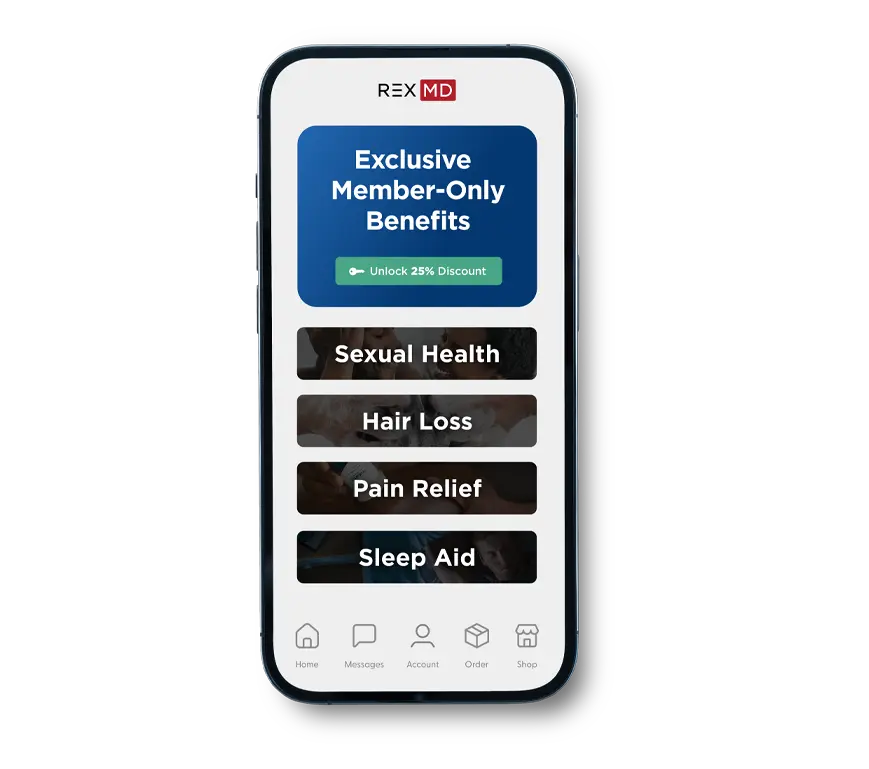
Why choose Rex MD?
Rex MD helps patients get prescription sleep-inducing medications like ramelteon quickly, discreetly, and affordably — right from home. No in-person doctor visit needed.
-
Free online consultation
-
Fast, free delivery
-
Ongoing support from our care team
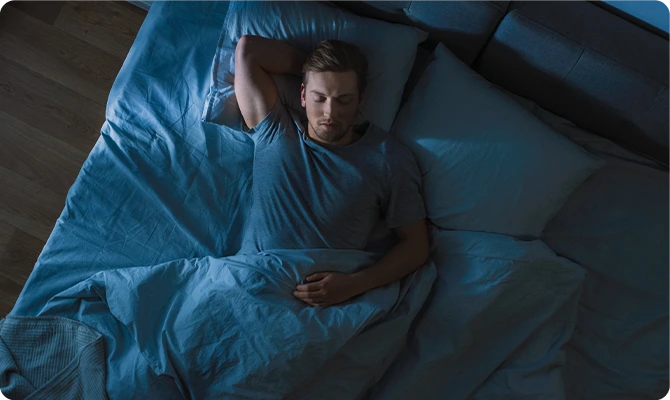
How to Take Ramelteon
When you’re getting ready for bed, take your ramelteon. The usual recommended dose is one 8 mg pill about 30 minutes prior to going to bed.
Once you’re comfortable in bed, you’ll start to doze off and stay asleep throughout the whole night. The next day, you’ll wake up feeling refreshed and ready to take on the day.
Steps for Getting Treatment
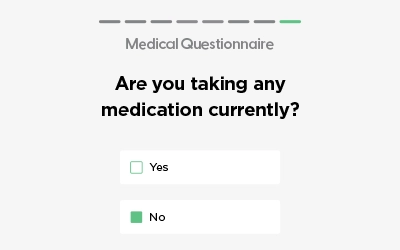
1. Free online consultation
Answering questions about your symptoms and health history.
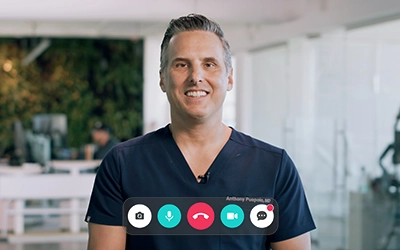
2. Personalized review
If appropriate a licensed physician will prescribe a treatment plan that meets your needs.
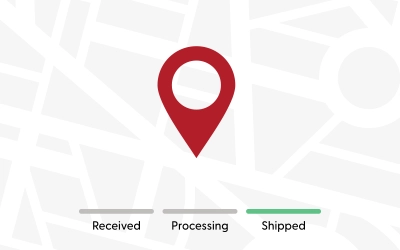
3. Fast, discreet shipping
Your medication will ship out in discreet packaging within two days.
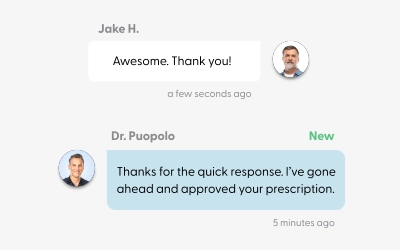
4. Ongoing support
Contact our team anytime to discuss your treatment and make adjustments, if needed.
Frequently asked questions about Ramelteon
Is Ramelteon a controlled substance?
The FDA and DEA do not classify ramelteon as a controlled medication. Ramelteon is generally considered to have a lower risk of dependence or abuse compared to some other sleep medications. You can take it every night or just when you feel like you need it.
Is Ramelteon the same as Ambien?
No. While ramelteon and Ambien are both used to treat sleep-related issues, these medications have some key differences.
Ramelteon is a melatonin receptor agonist. It mimics the effects of the hormone melatonin – which helps regulate the sleep-wake cycle. It binds to melatonin receptors in the brain to promote sleep.
Ambien (brand name zolpidem) is a hypnotic sedative also prescribed to treat insomnia. Ambien has been known to have a higher potential for dependence and abuse compared to ramelteon.
Is Ramelteon just melatonin?
Ramelteon is a medication that mimics the effects of melatonin. Melatonin supplements provide a direct source of the hormone and can be helpful in adjusting sleep patterns. Patients usually find that melatonin supplements are not as consistent at helping them fall asleep. Ramelteon is strong and effective, making it a sure choice to those who want to ensure getting to sleep at night.
Is Ramelteon FDA-approved?
Yes! The U.S. Food and Drug Administration (FDA) approved ramelteon for the treatment of insomnia. The FDA approval allows physicians to prescribe ramelteon for long-term use in adults. It is not habit-forming and has fewer side effects than other sleep medications.
Explore more insomnia treatments
Doxepin
(Generic Silenor)
- Doxepin is a tricyclic antidepressant that is commonly used to treat insomnia.
